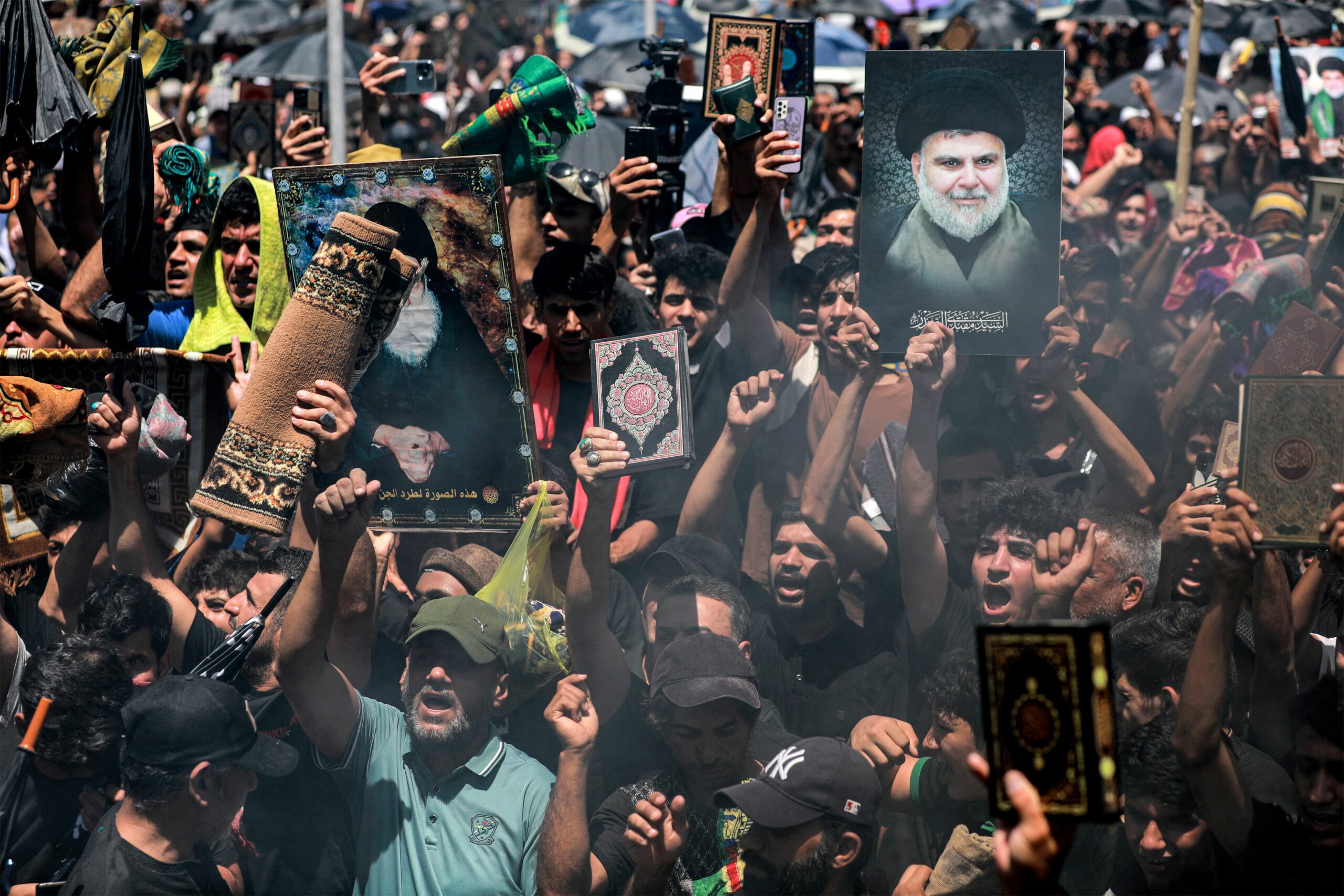The government in Iraq appears to be trying to limit online dissent and tighten its control of social media content, based on recent proposed laws.
This assessment was issued to clients of Dragonfly’s Security Intelligence & Analysis Service (SIAS) on 30 August 2023.
- Online surveillance and detention are likely to be the main risks for individuals
- Media and NGO workers, as well as activists, are probably at the greatest risk
The authorities in Iraq are likely to tighten their control of online content in the coming year. They have already signalled that they want to do so in recent months through several high-profile detentions and by proposing laws that would give the authorities additional powers to prosecute people because of what they post online. This seems to be part of a government’s wider strategy to limit political opposition and stifle dissent. In addition to opposition parties, those working in media or NGOs as well as individuals posting content critical of the government appear to be the main targets.
Tightening control over opposition and dissent
Government repression of dissent online seems to be part of a wider move to consolidate control. Since its formation last year, the pro-Iran government has been particularly concerned about the main opposition movement, the Sadrists, which organised widespread and often violent protests last year. The leader of the movement, Muqtada Al-Sadr, appears to mainly use social media platforms to direct his followers. Following his direction, thousands of his supporters mobilised on Telegram last month and staged a protest in front of the Swedish Embassy in Baghdad.
The government has taken the following steps, which are indicative of its aims to control online content. The government:
- Beginning last year appointed allies to the Communications and Media Commission (CMC), an independent organisation responsible for media regulation
- In January set up a platform that allows citizens to report content that they deem ‘offensive’, which reportedly received over 144,000 complaints between January and May
- In November and March proposed two draft laws – the Law Freedom of Expression and Peaceful Assembly and the Law on Cybercrimes to make it easier for the authorities to prosecute individuals for online content
The draft version of the cybercrime law from March prohibits content that is considered to violate ‘public morals’ and ‘order’. It also expands the powers of the CMC to block certain online content.’ AccessNow, a digital rights group, criticised the cybercrime law and said that ‘the vagueness of the terms would make this repressive draft a disaster for freedom of expression.’ Due to the country’s historically conservative society, progressive views towards social and religious issues are most likely to be targeted, as are political views that stray outside of established politics.
Heightened detention and surveillance risks
Such measures are likely to sustain the already-high risk of detention – particularly for Iraqi nationals – there. Between January and February, 14 Iraqi nationals were charged with ‘indecent’ or ‘immoral’ online content, according to local media reports. And in January, an Iraqi TikToker was imprisoned for ‘decadent content’ after posting dance videos. There have not been any notable recent cases of foreigners being targeted by the authorities, but the risk of detention is probably elevated for all individuals posting content criticising the government or religion.
People working in media or NGOs, as well as activists, are also likely to face a greater risk of online surveillance and difficulties operating in the coming year. Although the media sector does not appear to be the main target, journalists are already frequently arrested over criticisms of the government and often practise self-censorship, according to Freedom House’s 2022 Freedom on the Net report. And in February, the authorities banned a German media group from filming in Baghdad, saying they lacked the required permit.
Outlook for December elections
We anticipate the government will ramp up social media monitoring and restrictions in the run-up to provincial elections in December. This would be to limit criticism of government policies or attendance to either political or hardship protests. The latter of these appear to be likely ahead of the elections. The authorities will probably temporarily restrict access to some social media sites around these. They previously did so during protests in 2019, and they blocked access to Telegram for a week earlier this month.
Image: Supporters of Iraqi Shiite cleric Muqtada Al-Sadr during a rally in Baghdad denouncing the burning of the Koran in Sweden on 21 July 2023. Photo by Murtaja Lateef/AFP via Getty Images.




